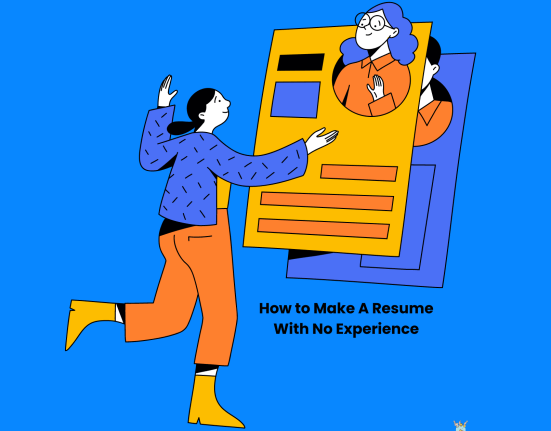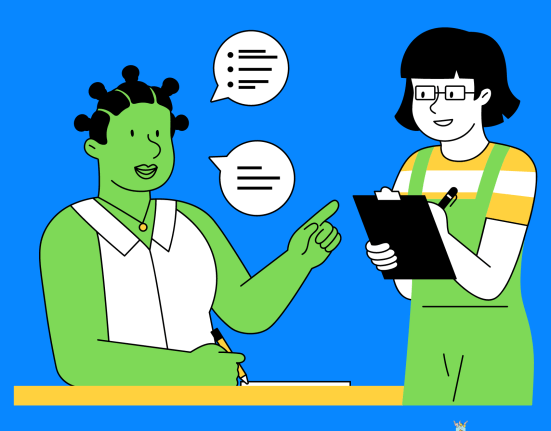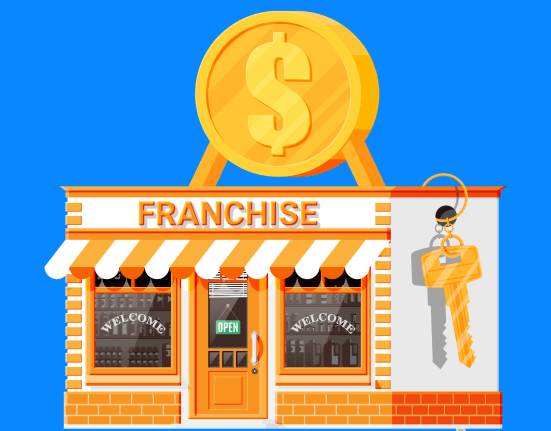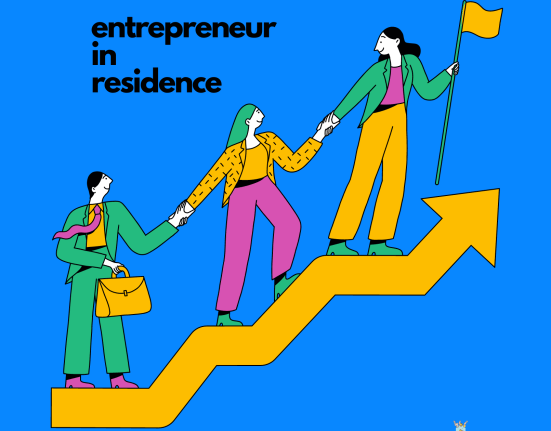There is a difference between the questions, ‘Which jobs will AI replace?’ and ‘Which jobs are safe from AI?’. Didn’t get it?
See, there are two ways to look at things: the positive way and the negative way. Most of the world, i.e., the pessimistic population, is crying about the jobs AI will replace. While some optimistic souls, like you, are looking for jobs AI can’t replace.
You are already a step ahead of the competition. While professors, researchers, and visionaries are cribbling about how AI will replace 80% of the jobs, we are going to talk about the jobs that AI can never replace. Well, at least in 2024!
Understanding AI and its Impact
AI, in layman’s terms, means computers and robots that can think and make decisions like humans, sometimes even better. Moreover, these machines have the tendency to automate repetitive tasks and improve themselves.
This is where the whole problem of ‘AI-eating jobs’ pops up. However, it is important to acknowledge that with the rise of AI, concerns about job cuts and impact on employment will emerge.
The whole point of building and having artificial intelligence is ‘automating boring tasks and making human lives easier.’ And if we are building such a thing, we have to accept some complications and adapt to it.
However, the talks about ‘AI replacing 80% of the jobs’ are too far-fetched, in my opinion. Yes, AI is advancing at a fast pace, but it isn’t smart enough yet.
Jobs AI will Replace (or has already replaced)
As AI is meant to automate repetitive manual tasks, there are some common job roles that it’ll replace. Like:
- Data Entry: This is a job that has already been replaced by AI in many countries. We may still have data entry operators in Indian government offices, but not for long.
- Routine Manual Tasks: Roles centered around mundane manual tasks such as mail sorting, bookkeeping, and elementary customer service can easily be replaced by AI.
Automating jobs like these may take up a lot of jobs, but it is very beneficial for businesses. As for the people in such job roles, it is time to learn new real-world skills.
Now, to the main agenda of this article:
Jobs AI can’t Replace in 2024
AI is not equal to all professions. It is a boon for some and a curse for others. Below are the top 10 professions that require a high degree of human skill and are resilient to AI disruption in 2024.
That means, as long as you are skilled and keep upskilling yourself, these are the jobs that AI can never replace:

1. Software Development: Work with AI
I don’t know why coders and developers are so afraid of AI. You guys are the most safe, in my opinion! The field of software development, often regarded as a hotbed of AI advancement, is a profession where humans and machines need to work together.
I know that AI can draft code and rectify errors, but creative problem-solving and innovative thinking are where you need humans. Machines, as of now, can’t do that.
Also, you know that – Humans build AI; it’s not the other way around. Now that we are in the era of AI advancement, now is the time when skilled developers are needed the most.
2. Designing: Essence of the Human Touch
Again, AI may do everything. But it can never, I mean never ever, be as creative as humans. Humans have perspective, vision, creativity, and feelings which a machine can never learn.
And these are the prerequisites of a good design. Yes, AI can generate visuals based on data, but it lacks the capacity for artistic expression and the ability to give unique branding to a product.
Hence, if you’re a designer, rest assured. As far as AI is concerned, you only need to look out for AI tools that speed up your designing process.
3. Marketing: Strategic Insights and Emotional Intelligence
This is a time when the whole customer base of businesses is online. And it is this time when the attention span of everyone has come down to 8, 10, or 12 seconds.
This is where storytelling and brand management become critical and hence, marketers occupy a distinct role. This is, again, one of the most important jobs that AI can’t replace.
AI may streamline data analysis and automate certain tasks like giving stats and results, yet it falters in understanding human emotions and constructing powerful brand narratives.
If you’re a marketer, you know how the decisions are based on human response more than the data. Also, marketers use their strategic thinking and brand ideas to build campaigns for the audiences, which is something AI can’t do.
4. Healthcare Professions: Mix of Compassion and Expertise
AI serves as a valuable auxiliary tool in healthcare, aiding in diagnoses and treatment recommendations. It has already fastened multiple healthcare operations like analyzing patient base, predicting future scenarios, etc.
However, it cannot replace the compassion and expertise of healthcare professionals, including doctors, nurses, therapists, and support staff. The human touch in patient care remains an irreplaceable component of these professions.
You know how they say – A doctor is like a God. And God needs to have compassion towards the patients. AI is far below that.
5. Education: Shaping Young Minds with Human Connection
Educators play a pivotal role in molding future generations. It has been this way for generations. Moreover, education isn’t only about what’s written in books. It is also about empathy, compassion, respect, attitude, etc.
You can’t learn this from an AI. You need a human teacher. While AI can facilitate personalized learning, it falls short of establishing the human connection that educators cultivate with their students.
A teacher not only builds the career of a child but also the character. However, even if it is all about bookish knowledge, every student needs different methodologies, which can only be met by a human.
6. Legal Professionals: The Nuances of Judgment and Advocacy
Legal experts, such as lawyers, advocates, and paralegals, engage in complex human judgment, intricate arguments, and ethical considerations. While AI can assist with legal research and fast-track law-related research, it cannot replicate the courtroom actions of judgment.
This is something that only humans can do and should do. Hence, these are the jobs that AI can never replace, neither in 2024 nor in 2124. I guess. Oh, come on, can you imagine a machine passing judgment in murder or thievery cases?
7. Mental Health and Counseling: Providing Unmatched Support
Yeah, I know how many of us chat with Siri and Alexa about our feelings. But the mental health industry is way more complex. AI programs like these can’t truly understand your feelings and help you in the fight with yourself.
This can only be understood by another human with feelings. Mental health counselors and therapists offer invaluable emotional support and empathy that AI can never replicate. Not until someone creates a robot like Rajnikant’s Chitti.
The roles of psychologists and counselors rely heavily on human connection and understanding. Hence, another job that AI can’t replace.
8. Creatives: The Unique Human Touch
Writers, artists, musicians, and actors will continue to thrive due to their capacity for creativity and emotional depth. I mean, you literally can’t replace the cinema components. The whole point of having cinema is to watch actors display emotions.
Yes, AI may generate content and music, and I know most of you are already using ChatGPT to write articles, tweets, scripts, and whatnot. But be honest, what would you rate the content created by AI? Exactly!
It may improve over time and may replace writers, DJs, etc. But not in 2024, not by a long shot. In case you feel threatened by AI, you only have two choices –
- Upskill and build your brand
- Change career
I’d recommend the first.
9. Human Resources: A Human Element
Oh, for God’s sake, this is a job to manage humans, their needs at the workplace, and other company operations. You need to have a human for that!
HR professionals excel in understanding people, resolving conflicts, and maintaining a positive work environment. While AI can assist with other administrative tasks, it cannot replace the interpersonal skills essential for HR.
10. Skilled Trades: Hands-On Expertise
This is something that might not relate to most of the audience. But these are professions carried out by a huge mass. We have to agree that without people in these professions, our lives will be a chaos.
Professions such as plumbing, electrical work, mechanics, and skilled trades require manual hands-on expertise that AI cannot even dream of replicating. Physical repairs and diagnostics remain reliant on human knowledge.

Yes, researchers may come up with robots that could perform these jobs. But do you see it happening for at least two decades? I don’t.
Conclusion
You see? I told you there are two sides of a coin. The internet is full of articles telling people why they could lose their jobs. I just told you why you won’t. There is a difference. I want you to be optimistic about your chosen career, passion, and skills.
The majority population comes under the 10 career paths mentioned above. That means you’re safe as long as you’re skilled and willing to upskill constantly. People may differ from the points made above; you may, too. I’d love to know yours. Drop below.
Frequently Asked Questions (FAQs)
Which jobs will be safe from AI?
Jobs that require human creativity, emotional intelligence, and complex decision-making, such as healthcare professionals, teachers, and creative artists, are likely to remain safe from AI.
What are 3 jobs that will disappear in the future because of AI?
Jobs such as data entry clerks, telemarketers, and routine factory workers are at high risk of being replaced by AI due to automation and efficiency improvements.
Will AI replace jobs in 2025?
AI will continue to replace certain jobs by 2025, especially those involving repetitive tasks. However, it will also create new opportunities in fields like AI management, data analysis, and tech development.
Which job AI Cannot do?
AI cannot perform jobs that require deep emotional intelligence, empathy, and nuanced human interaction, such as therapists, caregivers, and social workers.
Will ChatGPT replace jobs?
While ChatGPT can assist in many tasks, it is unlikely to fully replace jobs that require human judgment, creativity, and personal touch. Instead, it will serve as a tool to enhance productivity in various professions.











Leave feedback about this